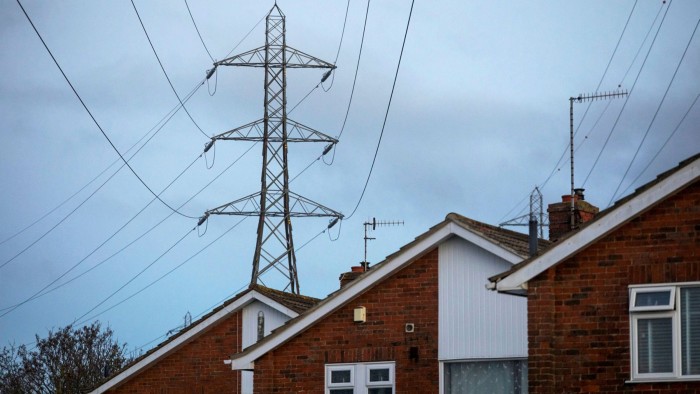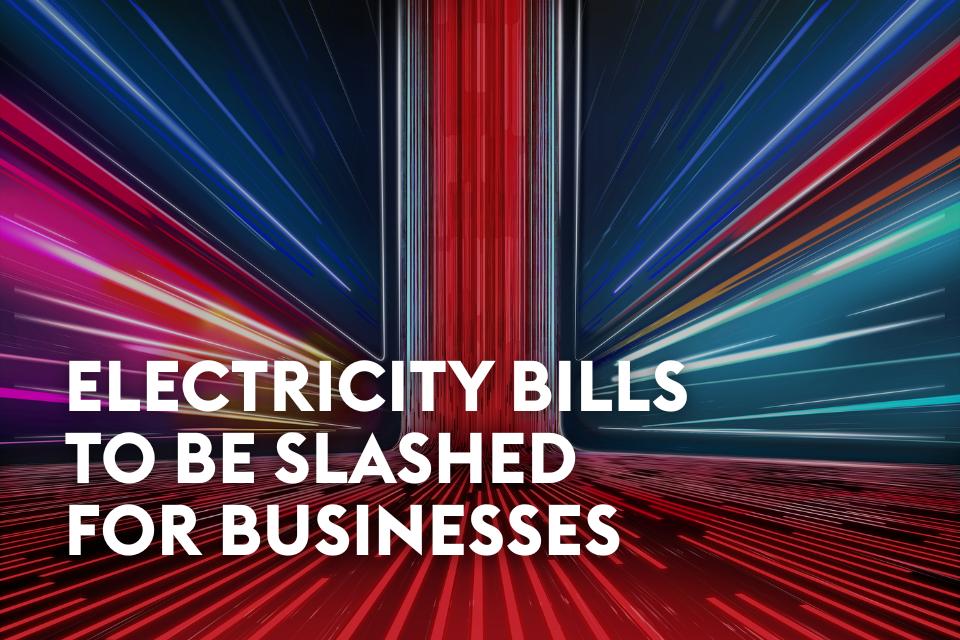In a major step to alleviate soaring energy costs for British enterprises, Prime Minister Sir Keir Starmer’s government has unveiled a £2 billion support package spread over four years. It aims to reduce commercial energy bills by up to 25%, signalling a bold move to reinforce industrial competitiveness as part of a broader economic strategy .
⚙️ Why This Matters
With energy expenses weighing heavily on manufacturers, data centres, and high‑street shops alike, the initiative offers a lifeline just as global inflation pressures persist and energy markets remain volatile. By absorbing a sizeable share of energy costs, the UK is sending a clear message to investors and businesses that it is serious about building a long‑term, green-industrial future.
🧭 What’s Included?
Key components of the plan include:
- Targeted subsidies for heavy energy users in sectors like chemicals, food processing, and materials.
- A tiered discount model—based on usage levels—to ensure fair treatment for small and medium-sized businesses as well as larger industrial consumers.
- Funding for energy efficiency measures, aimed at reducing long‑term consumption through new equipment investments and process improvements.

💬 Insight from Industry Leaders
Sir Keir Starmer emphasised:
“We are determined to provide businesses with the energy certainty they need. This package will help firms control costs, invest more, and stay competitive—while steering us towards our net‑zero goals.”
From the business community, MAKE UK’s Chief Executive, commented:
“Lower energy bills are vital for manufacturers. This backing will help level the playing field with European competitors and give companies the confidence to invest in new production lines and innovation.”
🎥 Watch: Industry Response
A short video from the FT captures reactions from sector leaders at a recent event:
“Complaints are loud about unfair energy costs in the UK—but this move could dampen this outcry, while making British manufacturing more resilient”.
🌍 The Broader Context
The intervention comes amid a reshaping of global industrial dynamics. While European nations already support energy-intensive industries through protective schemes, the UK has lagged—particularly since Brexit and during the post‑pandemic recovery. This package represents a marked reversal, reinforcing the government’s commitment to maintain industrial scale.
✅ What Comes Next
- Implementation timeframe: Rebates are expected to begin by autumn 2025, with initial benefits for the heaviest energy users.
- Pass-through effect: Questions remain over how much of the cost reduction will be shared the length of the supply chain—from manufacturer to consumer.
- Environmental alignment: The government links the package to net-zero objectives, stating it will funnel support towards businesses investing in energy efficiency and decarbonisation.
🔍 Final Take
This £2 billion energy relief fund marks a turning point, signalling that the UK sees affordable energy as essential to industrial revival. By lowering bills, the government hopes to spur investment, protect jobs, and align economic growth with clean‑energy objectives. The real test will be its delivery—and whether firms viewing energy as a cost burden can reinvest indeed in productivity and green transition.



